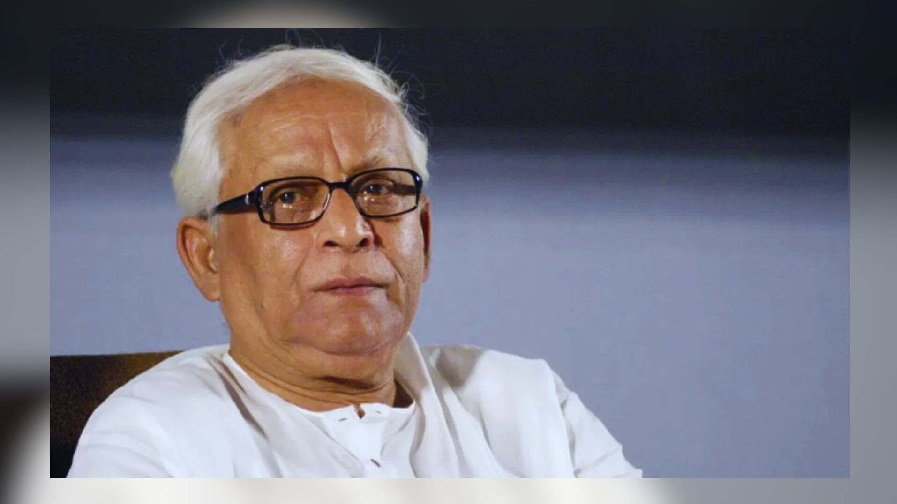During Buddhadeb Bhattacharjee’s tenure, the Left Front government in Bengal adopted a comparatively open policy towards business.

Kolkata: Buddhadeb Bhattacharjee, the veteran Left leader and former Chief Minister of West Bengal, passed away at his South Kolkata residence this morning at the age of 80. He had been battling respiratory issues for some time, resulting in frequent hospitalizations. Last year, he was placed on life support after contracting pneumonia, but the seasoned CPM leader managed to recover.
He is survived by his wife Meera and son Suchetan.
A former member of the CPM’s Politburo, Mr. Bhattacharjee served as West Bengal’s Chief Minister from 2000 to 2011, succeeding Jyoti Basu. He led the CPM into the 2011 state elections, where Mamata Banerjee’s Trinamool Congress achieved a historic victory, ending 34 years of Communist rule in the state.
Known for his simple lifestyle, Mr. Bhattacharjee passed away in the two-bedroom flat on Palm Avenue, from where he once governed the state. In accordance with his wishes, his organs will be donated for medical research. His body will be placed at the CPM headquarters for public respects, with the final rites scheduled for tomorrow.
An alumnus of Presidency College, Kolkata, Mr. Bhattacharjee was a school teacher before entering full-time politics. After serving as an MLA and a state minister, he was promoted to Deputy Chief Minister before taking over from Mr. Basu in 2000. As Chief Minister, he led the CPM to victory in the Assembly elections of 2001 and 2006.
During his tenure, the Left Front government adopted a more business-friendly approach compared to the Jyoti Basu era. Ironically, this policy and the associated land acquisitions for industrialization contributed to the Left’s significant defeat in the 2011 election.
The Trinamool Congress, which had only won 30 seats in the 2006 elections, spearheaded the opposition against the Tata Motors plant in Singur. In 2008, Ratan Tata decided to relocate the project to Gujarat, citing Ms. Banerjee’s movement as the reason, which was a major blow to Mr. Bhattacharjee’s government. Equally damaging was the violence in Nandigram, where police action against protestors of a land acquisition for a chemical hub project resulted in 14 deaths.
Mamata Banerjee’s Trinamool Congress capitalized on the anti-incumbency sentiment and the negative perception of the state government’s land policies, winning 184 seats in the 2011 election. This defeat marked the beginning of a decline for the Left Front from which it has yet to recover. Over the next decade, the BJP emerged as the main opposition, reducing the Left to a minor force in a state it once dominated.
Bengal Governor CV Ananda Bose extended his condolences to Mr. Bhattacharjee’s family. Chief Minister Banerjee expressed her sorrow, noting her long association with the veteran leader. “I am very upset. My condolences to Meera di, Suchetan, and all CPM supporters. We have decided to give him full respect and ceremonial honor during his last journey and rites,” she stated.
Leader of the Opposition, BJP’s Suvendu Adhikari, expressed his deep sadness and offered condolences to Mr. Bhattacharjee’s family and admirers.
Long-time comrade and CPM general secretary Sitaram Yechury described the news of Mr. Bhattacharjee’s death as “shattering.” “His dedication to the party, West Bengal, our shared ideals, and his forward-thinking will always serve as a guiding light,” he said.












